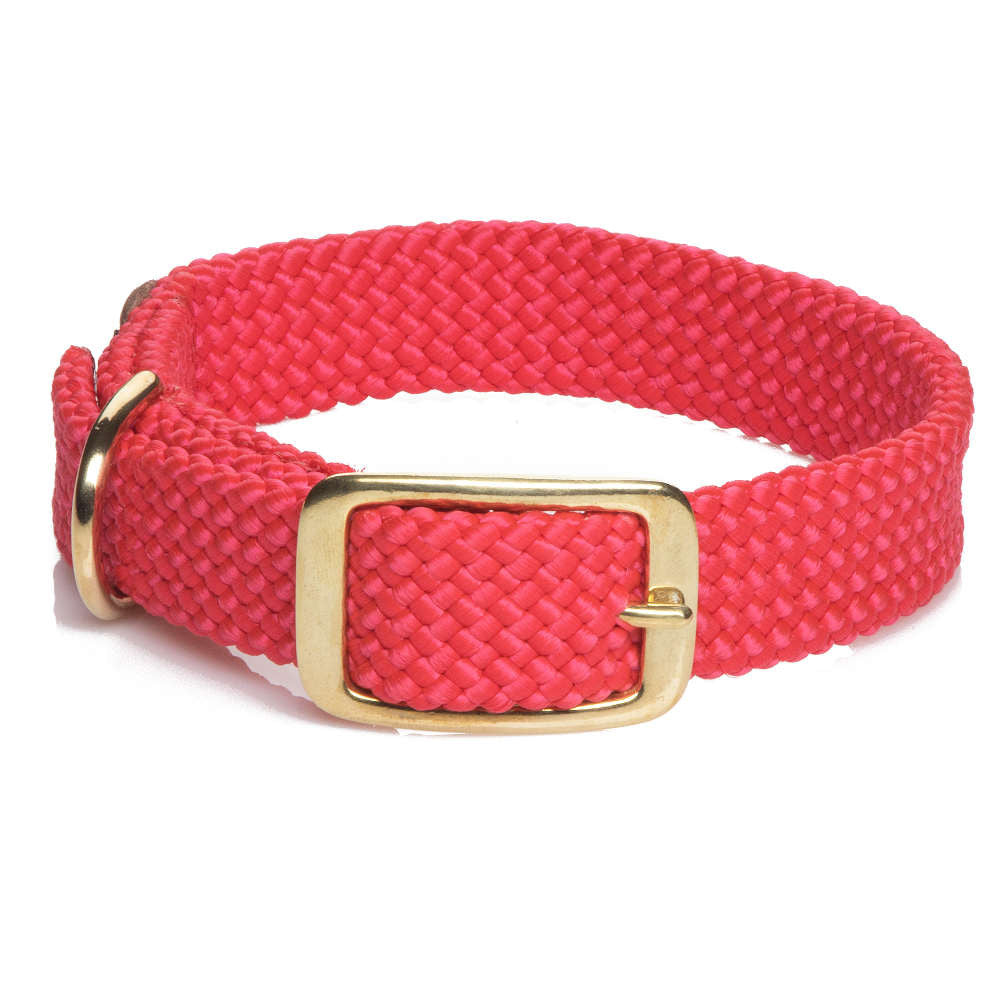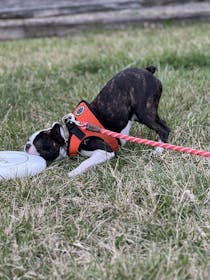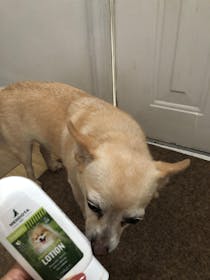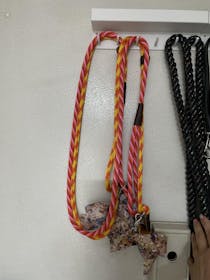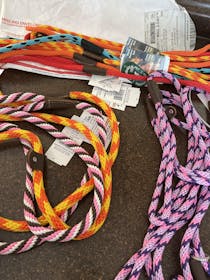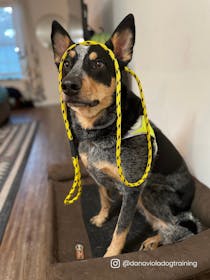Cloning Your Dog: Would You Do It?
Cloning.

We have come a long way from Dolly, the sheep that became famous for being the first animal to be successfully cloned in 1996. Since then, many more animals have been cloned and advancements in the field have continued to be made. It's to the point now, that you can pay to have your beloved family pet cloned. The question is, would you do it? Below are some considerations to take.
The Expectations
Many people believe that a cloned pet will be exactly like their beloved family dog that passed away. However, this is not the case. Yes, they will look like Fido, but they may not act like Fido. According to Dr. Jorge Piedrahita, a molecular biomedical professor at North Carolina State University, he states in article written by ScienceDaily, "The technology of cloning has been sold to the public as a way of creating a group of identical animals... The implication is that your cloned pet is going to behave and look like like the one you already have - and that will not be the case." Try to think of identical twins, they may come from the same egg, but can grow up to have vastly different personalities. Just make sure your aware before cloning your dog, that the one you get maybe different then one you had.
The Cost
The expense of cloning your pet could be the biggest hurdle for the majority of pet owners. Prices will vary depending on the location and company, but one thing they all have in common is that cloning doesn't come cheap. Viagen Pets, a company that specializes in the cloning of pets, charges about $50,000 to get a genetic copy of your dog and about $25,000 for a cat.
The Process
There are various steps to be taken in order to successfully clone your dog. Luckily, I did the research so you don't have to. The Sooam Biotech Research Foundation in South Korea are experts in animal cloning and they have a walkthrough of the entire cloning process. The first step is to collect a genetic sample from your dog. This is done through a biopsy procedure where a small piece of tissue is collected. It must be living tissue so it has to be taken while your dog is still alive or within five days of its death. The cells must be deemed as viable, a process that can take up to four weeks to confirm. Then an egg must be taken from a egg donor dog during ovulation. Next, a process called enucleation is performed where DNA from the donor egg is removed. After this, the donor cell is ejected into this egg which results in the two cells fusing together and violà, a cloned embryo is created. This embryo is then implanted into a surrogate mother and a puppy is born in about sixty days.
Decision time.
Now that you have a better understanding of pet cloning. The decision is on whether or not to clone your beloved family pet is yours alone to make. It also helps to you happen to have a large sum of money laying around as well. Who needed a new car anyways?






